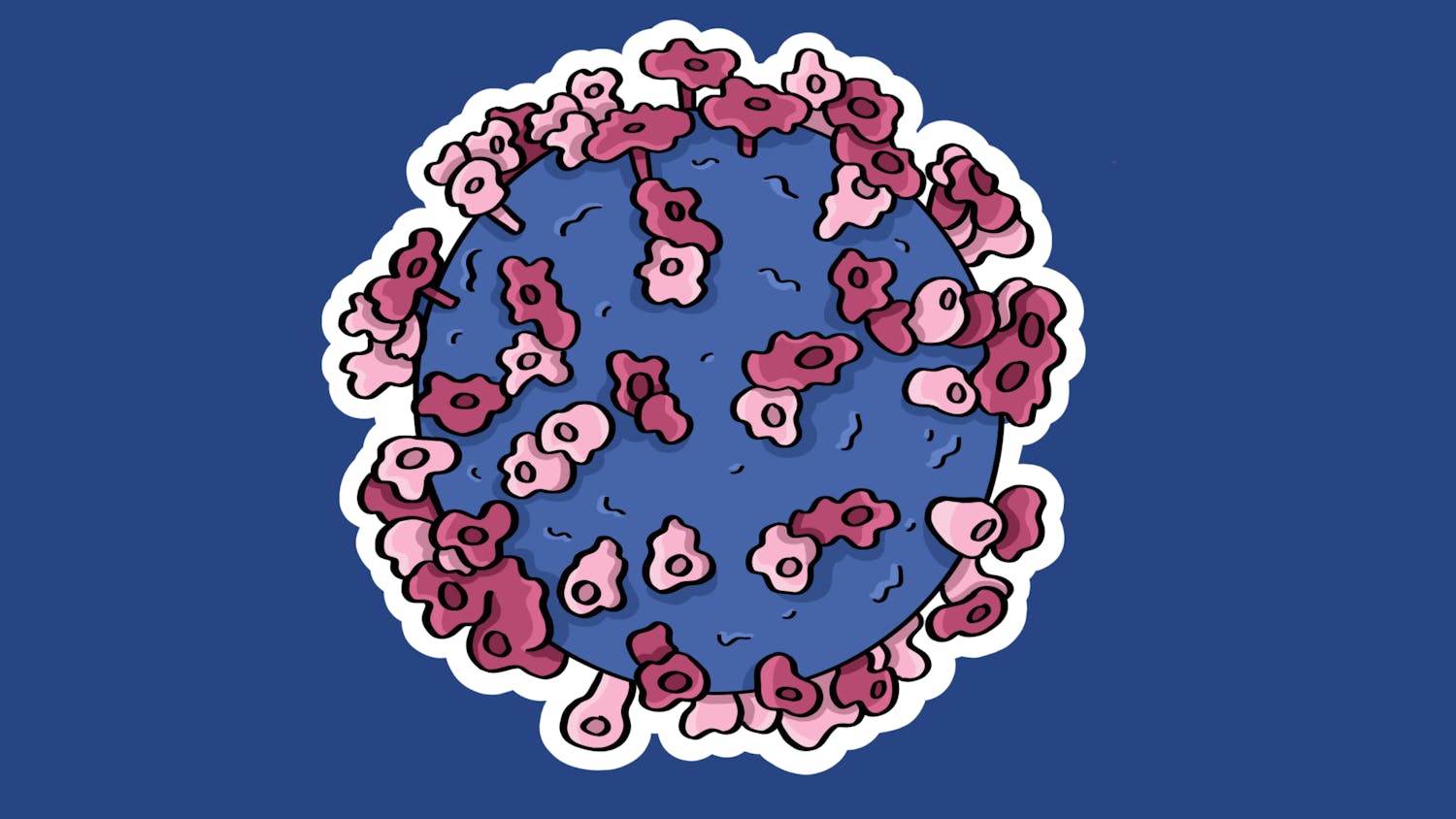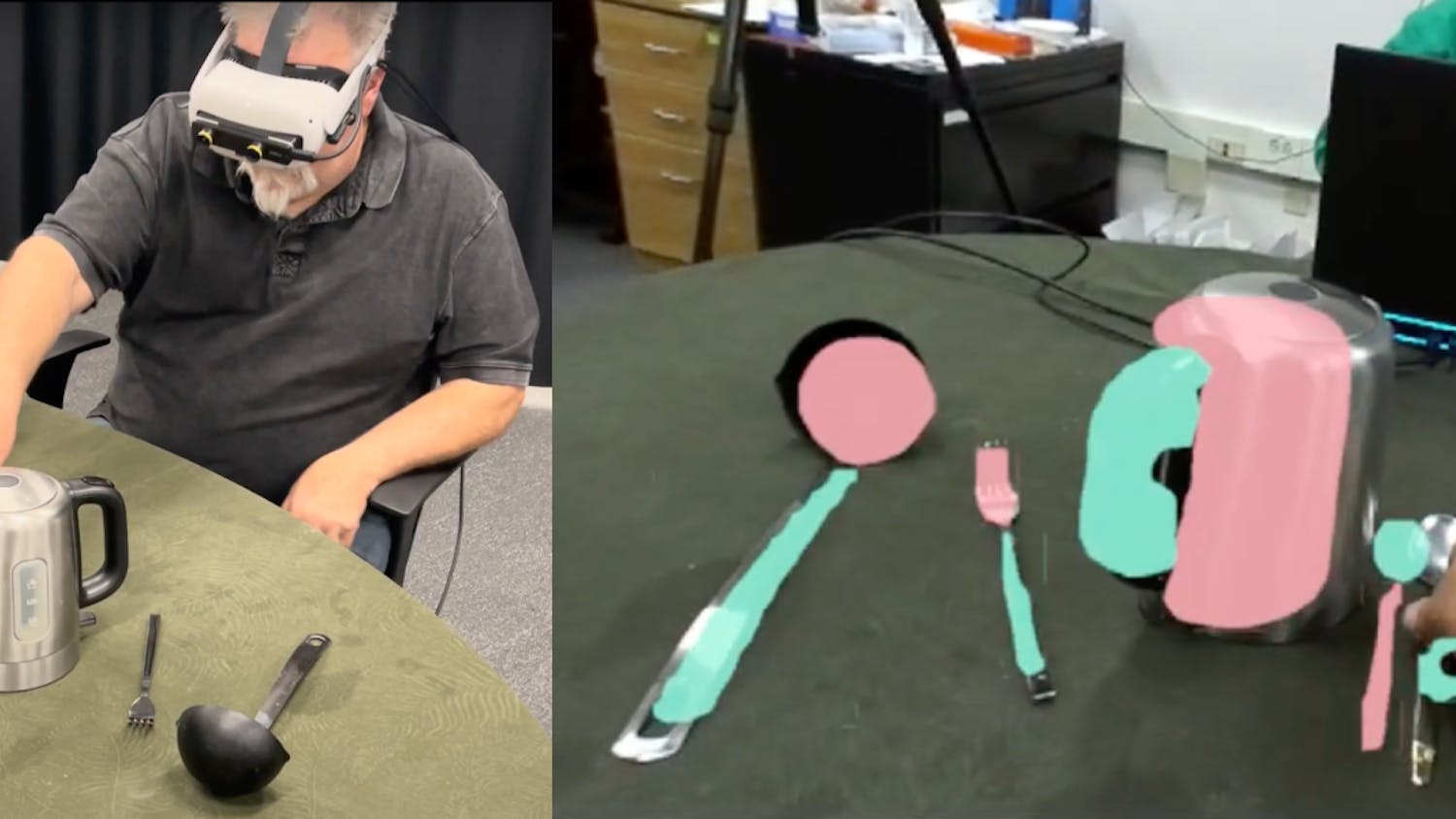Do animals dream?
David A.
Maybe you’ve seen your pets move around and make noises in their sleep before–the family dog starts whimpering, moving their legs, or the cat starts twitching. That begs the question; are they actually dreaming when they’re moving and making noises like that in their sleep? The answer is yes!
Animals follow similar sleep cycles to humans, including dreaming! In smaller animals, sleep cycles are quicker and dreams are more frequent and rapid. This is because there is a higher level of stimulation and smaller animals often experience more powerful sensory stimulation. Larger animals have longer sleep cycles closer to humans and consequently longer dreams. Just like humans, animals have their most vivid dreams during the first stage of sleep. This stage of sleep is called REM sleep, or rapid eye movement. Most mammals experience REM sleep, but reptiles and fish don’t. Reptiles and fish still dream, just not as intensely as mammals do.
Why do I get food comas?
Martha S.
It’s definitely happened to me before; I’ll be in the lecture hall right after eating a nice lunch and trying to pay attention, yet slowly but surely, my eyes start drooping and I feel unbelievably drowsy even though I got a decent night of sleep. What gives? After a meal, your parasympathetic nervous system activates in response to increased food mass in your stomach and intestines. The activation triggers a relaxation response, making you feel like you don’t have a lot of energy. When you perceive that you have low energy, you start to feel tired and sleepy, causing the food coma experience.
It’s also possible that food comas are helped along by molecule called tryptophan, which is in most foods. Tryptophan is converted to melatonin in your body, and increased melatonin levels result in sleepiness. However, the amount of tryptophan you eat probably isn’t enough to significantly trigger sleepiness. As for avoiding falling asleep in class after a lunch, some easy solutions are eating a smaller lunch and eating earlier.






